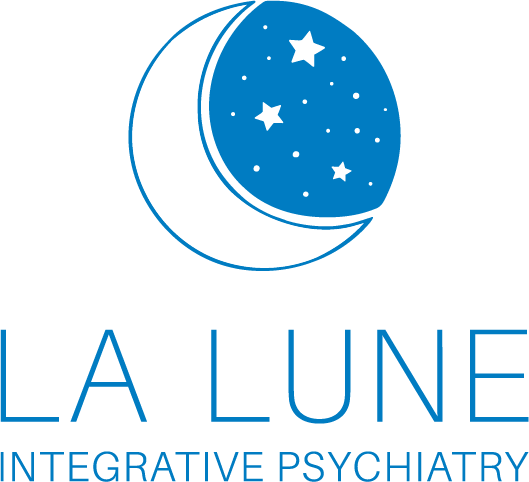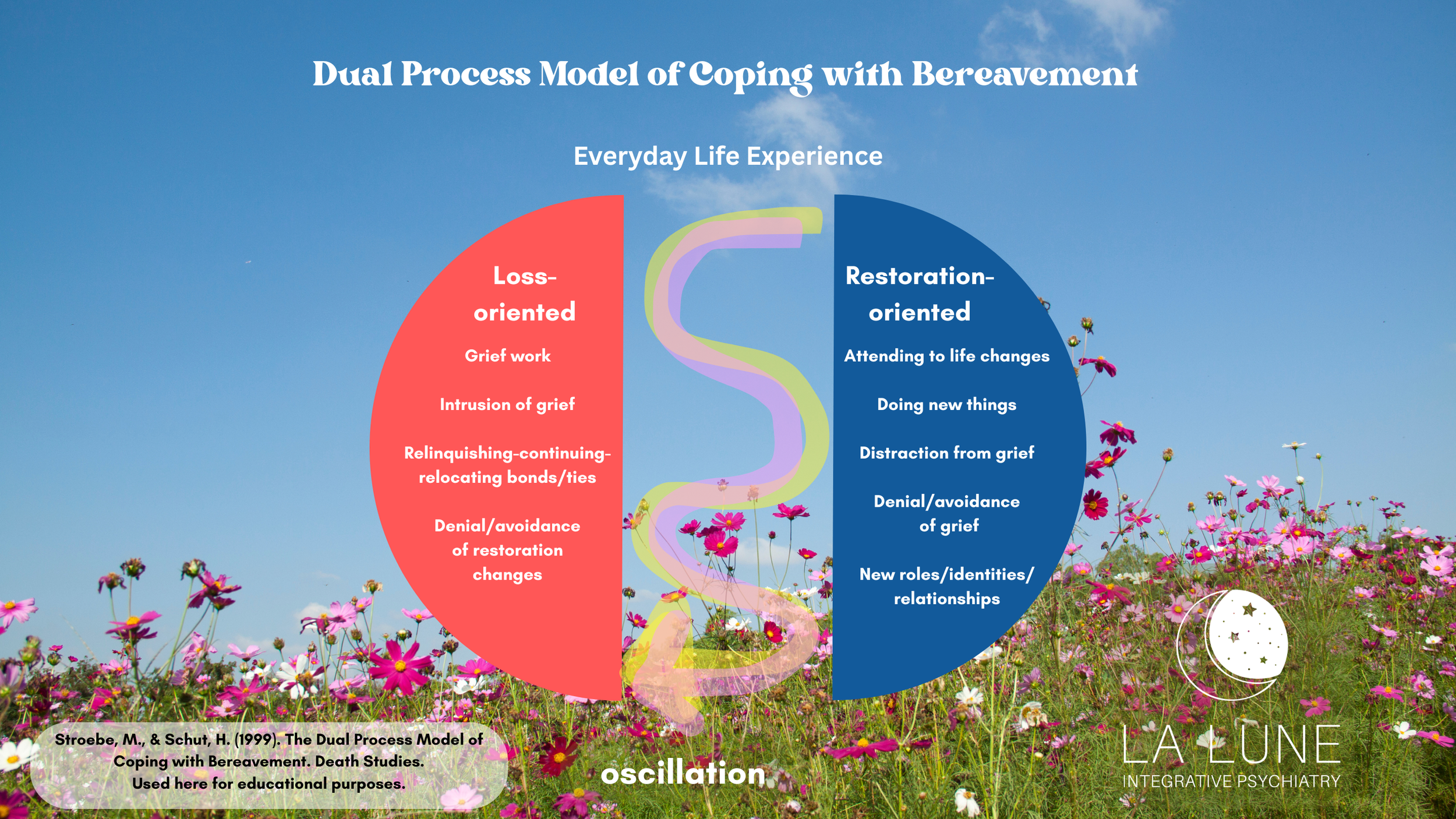
Therapy or Medication Management for OCD
Intrusive thoughts can feel overwhelming, but recovery is possible. Our team provides medication management, therapy, and holistic strategies to help you regain control and reconnect with what matters most.
Seeing OCD With Clarity and Compassion
Obsessive-Compulsive Disorder (OCD) is often misunderstood as a preference for order or cleanliness — but it’s much deeper than that.
OCD is a mental health condition marked by unwanted, intrusive thoughts (obsessions) and repetitive behaviors or mental rituals (compulsions) meant to relieve anxiety.
While everyone experiences occasional worries, OCD can turn uncertainty into a cycle that’s hard to break.
People with OCD may feel trapped in thoughts or fears that go against their values — leading to guilt, shame, or confusion. Common themes can include contamination, harm, relationships, morality, or control.
At La Lune Integrative Psychiatry, we help clients understand what OCD really is: a pattern of the brain’s overactive safety system, not a reflection of who they are.
How We Can Help
OCD is very treatable — with the right support, recovery is possible.
Our clinicians use a combination of evidence-based care and integrative psychiatry to help calm the mind, improve focus, and reduce compulsive urges.
Treatment may include:
Medication management, such as SSRIs or other first-line options
Therapy, including CBT and exposure and response prevention (ERP), sometimes in collaboration with specialists if needed.
Integrative strategies, like mindfulness, sleep optimization, and distress tolerance skills
Each plan is personalized to fit your lifestyle, values, and goals. Whether you’re starting treatment for the first time or revisiting it after burnout, we meet you where you are.
When to Reach Out
Consider seeking help if obsessive thoughts or compulsive behaviors are:
Interfering with relationships, work, or self-care
Consuming large parts of your day
Triggering panic, guilt, or exhaustion
Keeping you from feeling present and at peace
You don’t have to face OCD alone. Many people feel relief after finally understanding what’s happening — and realizing it’s not their fault.




















